New Guidance on Section 174 Expenses
December 11, 2023
With the year coming to a close, the hopes for the treatment of section 174 expenses to be changed back to pre tax year 2022 are becoming bleak. Because of this, let’s go through the changes that have occurred, and some of the new guidance that the IRS has given us.
History
In 1954, Section 174 was enacted to help eliminate uncertainty in the tax accounting treatment of research and experimentation expenditures. Before this enactment, the expenditures were capitalized. Post 1954, they were now able to be expensed in the year incurred. In 2017 (under the Trump administration), the Tax Cuts and Jobs Act was passed. Many major changes occurred having to deal with the standard deduction, bonus depreciation and the treatment of section 174 expenses.
What Changed?
For tax years starting after December 31st, 2021, new rules regarding section 174 were put into place. All section 174 expenses are now to be capitalized and amortized over the next 5 years for domestic expenses and 15 years for foreign expenses. For example, let’s say in 2021 your company had total income of 1,000,000 and 250,000 of section 174 expenses (with no other expenses). Your federal taxable income would be 750,000 (1,000,000 – 250,000). Assuming a 21% tax rate for C corporations, your tax due would be 157,500. Because this is in 2021, we can deduct the full section 174 expense in the year incurred. However, if we are in 2022 with the same income and expense amount, our federal taxable income would be 975,000 (1,000,000 – 25,000). Assuming a 21% tax rate for C corporations, that gives us a tax due of 204,750. Because of this change, it increases the tax due by 47,250.
How did we come up with 25,000 in 2022? The rules state that we capitalize the 250,000 and amortize it (expense it over a period of time) over 5 years using a half year convention. Meaning that we take 10% in years 1 and 6 and 20% in years 2-5. This gives us 25,000 (250,000 x 10%) for year 1.
Who does this affect?
This change affects everyone:
- Corporations
- Small Businesses
- Pass-Through Entities
- Individuals
Regardless of the size, profitability, and structure of the company, every taxpayer that has research and experimentation expenses are impacted by this law change.
What are section 174 expenses?
Section 174 expenses are any expenses that relate to the taxpayer’s business or trade which represent research and development expenses. This includes all costs incident to improving and developing a product. The result of the product (whether it succeeds, fails, gets sold or used internally) does not determine whether a cost is a section 174 expense.
Product in this sense can be an ambiguous term, however, the section states that products can include:
- Any pilot model
- Process
- Formula
- Invention
- Technique
- Patent
- Or similar property
And can be used in the taxpayer’s trade or business as well as products that are to be on the market/sold. Common section 174 expenses are salaries and wages, supplies and materials, patent costs, software development, overhead expenses, and contract research expenses. Common costs that are not subject to section 174 rules are costs paid by general admin departments (HR, finance), interest on debt to finance research and experimentation activities, web hosting, efficiency surveys, management surveys, consumer surveys, advertising, and promotional expenses.
State Reporting
Another thing to consider is whether your state decouples from federal rules in this regard. There are some states that allow section 174 to be expensed in the year they are incurred (California being one of them).
Uncertainty
Because this change is still very recent, there is still some uncertainty around the new section 174 rules. There are many lobbyists and companies who want to revert the changes to pre-Jan 1st, 2022 rules. As of today, there are no bills that are close to being passed that would reverse the new section 174 treatment. There is also uncertainty regarding specific partnership transactions that the IRS has not provided guidance on.
What can help?
Because you have section 174 expenses, you might be able to qualify for the R&D (research and development) credit. The R&D credit is given to companies that have specific expenses that fall under section 41. All section 41 expenses are section 174 expenses; however, all section 174 expenses are not section 41 expenses. Just because you have section 174 expenses does not necessarily mean you will qualify for the R&D credit, but it is a question to ask your tax preparer about. If you do qualify, that credit can offset your tax due amount on either your business or personal return (depending on your entity structure).
Conclusion
The new rules regarding section 174 expenses seem like they are here to stay (at least for the foreseeable future). It is important to be compliant with this rule because it can have a major impact on your tax returns. For those companies who rely heavily on research and experimentation, it can severely increase your net income and. For those companies who don’t think you have section 174 expenses, there might be a chance you do, and you just don’t know it.



.png)



